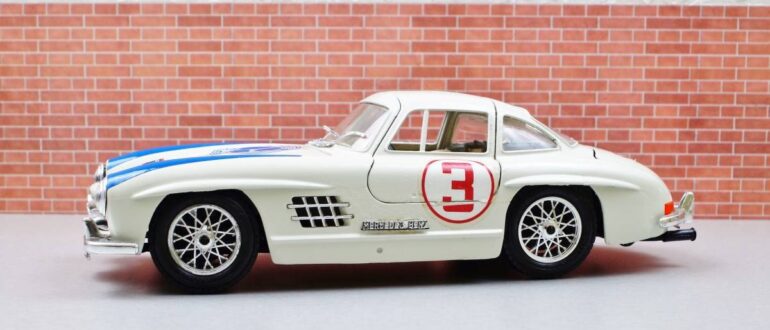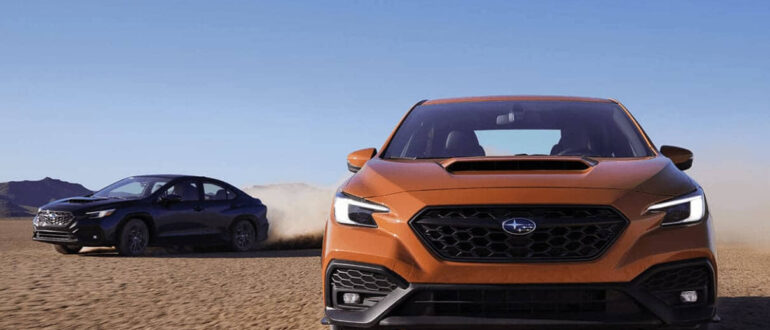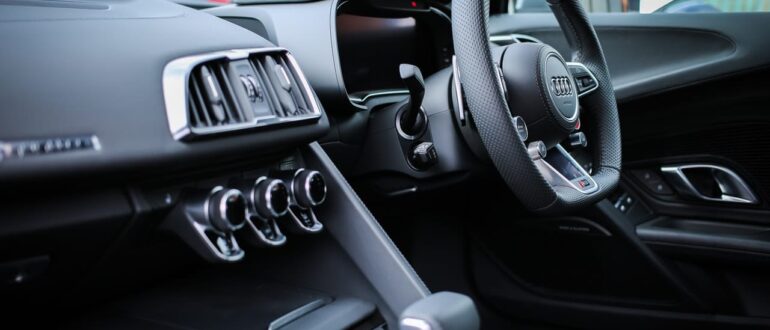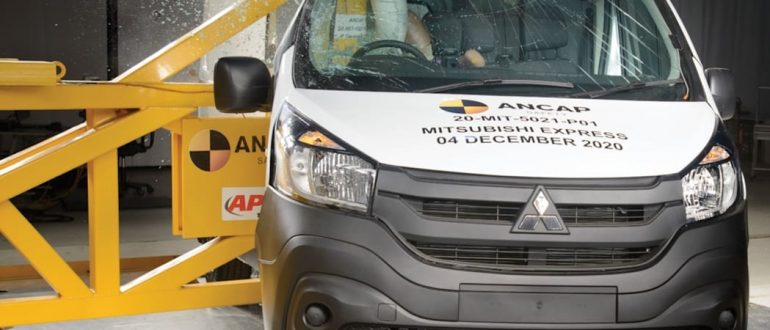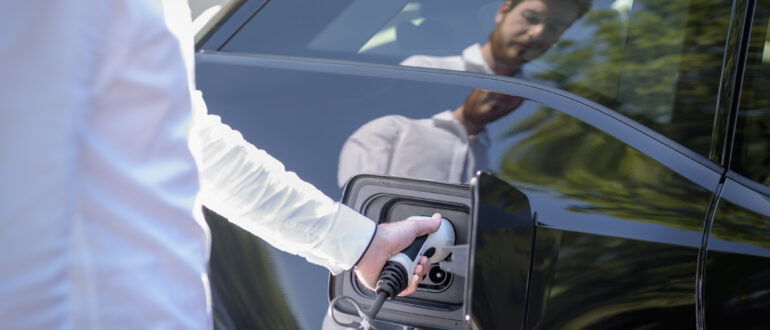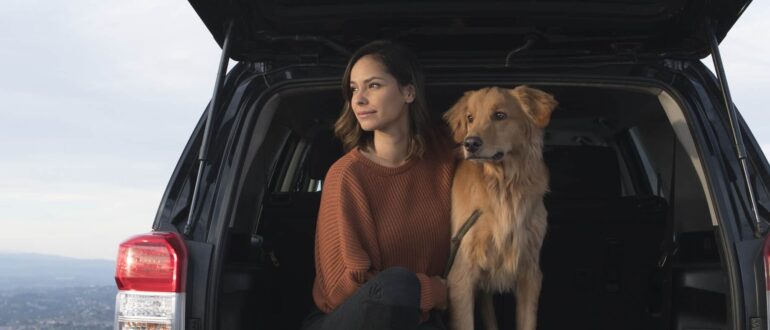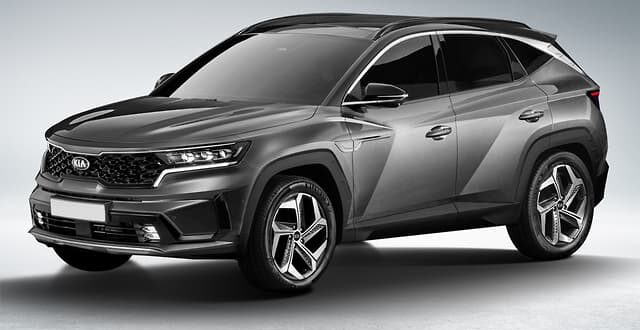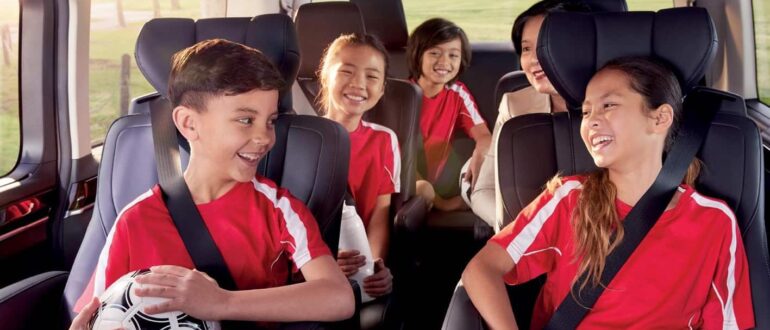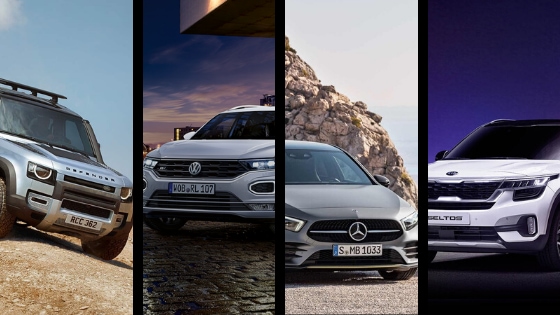When you buy a new car online, just like any other transaction anyone makes, it should be safe, simple & straight forward. Technology has, thankfully, made the process of buying a new car a safe, streamlined and somewhat pleasurable experience. Still car buyers online need to follow a procedure and...
Read MoreWith global car manufactures announcing extensive plans to electrify more of their fleet, featuring more reliable technology and more competitive pricing, the momentum for shifting to electric vehicles in Australia is growing. Recently we reached a significant milestone, with over 20,000 full-electric and plug-in hybrid vehicles on the road today....
Read More2020 has been an unusual and challenging year for most, with many of us wanting to rush into 2021. With the chances of international travel still looking dim, you may be considering traveling more within Australia or diverting some of your overseas travel funds to upgrading your car. If buying...
Read MoreSchool’s back and so are the chaotic school runs. Whether you are dropping off your small population or you have their school friends in tow, having a car that fits them all (plus their enormous school bags) is important, nay! A necessity for your mental wellbeing. The term “people mover”...
Read MoreAs the end of 2019 approaches, a few of us may be thinking “2020: new year, new me.” If buying a new car is part of your 2020 plans, there are a lot of great cars in the market to choose from. Whether you are looking for the latest tech...
Read More